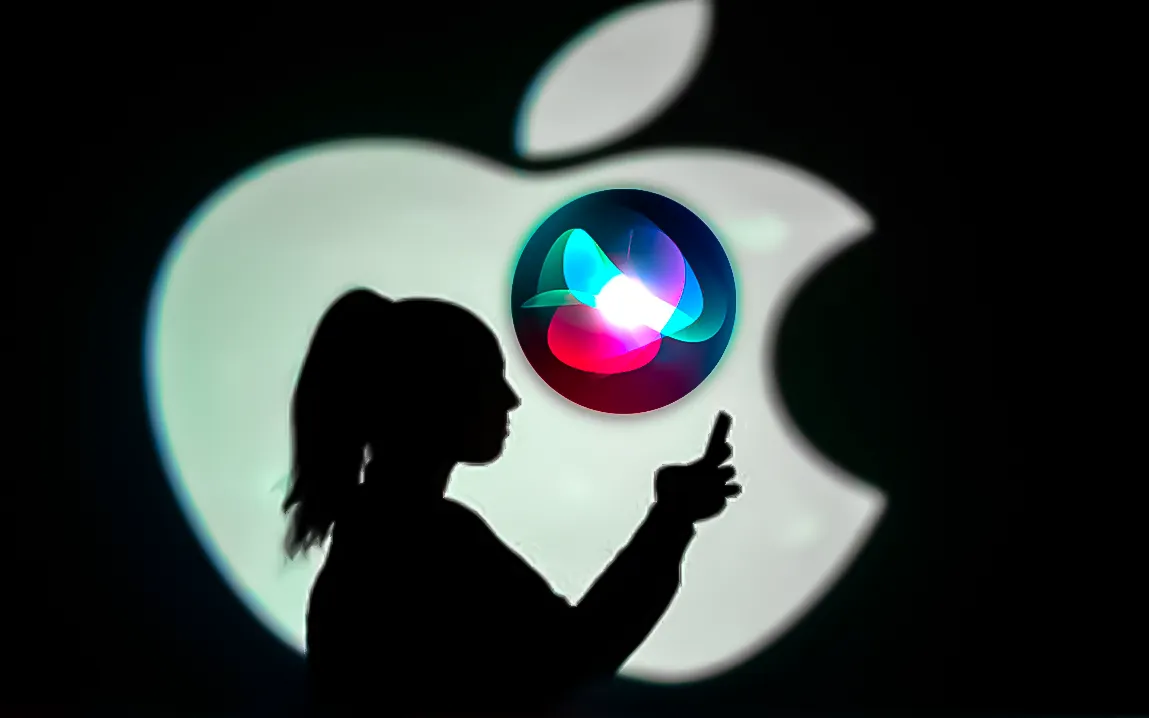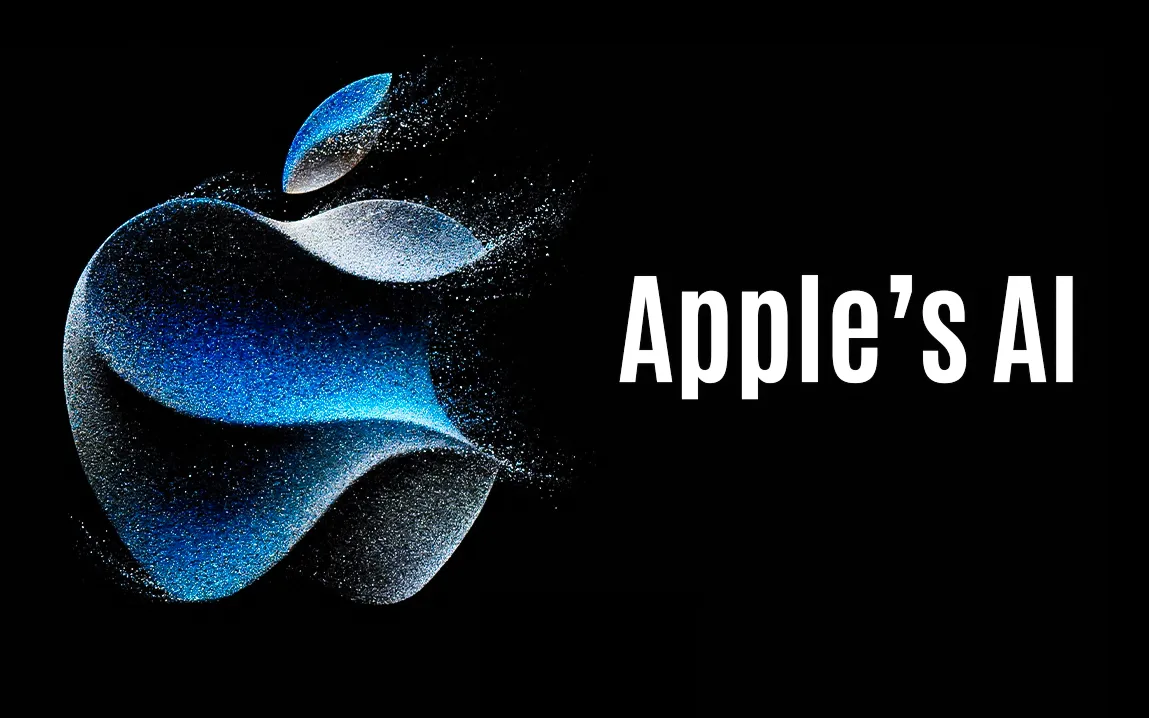In a strategic move to bolster its artificial intelligence (AI) capabilities, Apple has restructured its executive team, appointing Mike Rockwell, formerly head of the Vision Products Group, to lead the development of Siri. This change comes as the company faces delays in rolling out advanced AI features for its voice assistant, highlighting the challenges in keeping pace with competitors.
Leadership Transition
Mike Rockwell, renowned for his role in developing Apple’s Vision Pro headset, has been entrusted with revitalizing Siri’s development efforts. He replaces John Giannandrea, who joined Apple in 2018 after leading AI and search at Google. This shift indicates a strategic pivot in Apple’s approach to AI, aiming to infuse fresh perspectives into Siri’s evolution.
Challenges and Delays
Apple’s ambitious plans to enhance Siri with generative AI capabilities have encountered significant delays. Initially slated for an earlier release, these features are now postponed to the coming year due to slower-than-expected development progress. Internal reports reveal tensions within the Siri team, with senior director Robby Walker describing the AI situation as “ugly” during a recent meeting.
Comparative Landscape
While Apple grapples with these challenges, competitors like OpenAI and Google have made notable strides in AI development. Apple’s cautious approach, emphasizing user privacy and data security, has been both a strength and a limiting factor in rapidly deploying AI advancements. The company’s deliberate pace contrasts with the more aggressive strategies of its rivals.
Strategic Implications
The leadership reshuffle underscores Apple’s recognition of the critical role AI plays in its ecosystem. By appointing Rockwell, the company signals a commitment to integrating AI more deeply across its product lines. This move aligns with broader industry trends where AI functionalities are becoming integral to user experiences.
Future Outlook
As Apple navigates these internal changes, the tech community anticipates how this will impact Siri’s capabilities and Apple’s overall AI strategy. The successful integration of advanced AI features into Siri could redefine user interactions with Apple devices, setting new benchmarks for voice assistants.
Conclusion
Apple’s decision to overhaul its Siri leadership reflects a pivotal moment in its AI journey. Addressing development challenges head-on, the company aims to reclaim its position at the forefront of AI innovation. The coming months will be crucial in determining how these leadership changes translate into tangible improvements in Siri and other AI-driven services.



